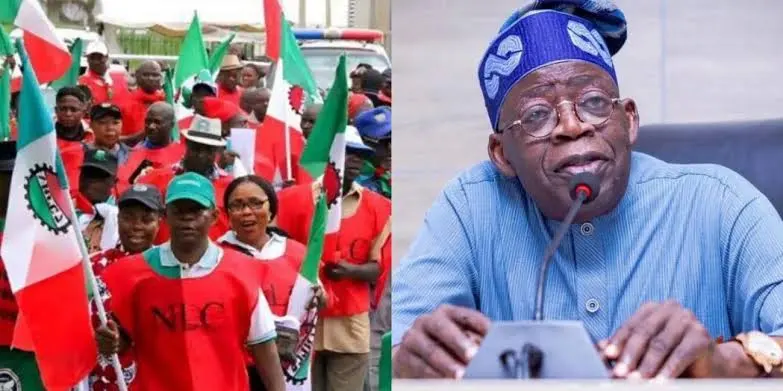Nigerians may soon face higher costs for telecommunications services as leading operators, including MTN and Airtel, might increase call, data, and SMS tariffs starting early 2025.
Recall that the National Association of Telecommunications Subscribers (NATCOMS) recently called on the Nigerian Communications Commission (NCC) to allow telecommunications companies (Telecoms) to increase tariffs by a marginal increase of 10 percent, rather than load-shedding.
In October that Karl Toriola, the CEO of MTN Nigeria, the largest telecom operator in the country, during a tour of MTN’s facilities by Fellows of the Media Innovation Programme in Ibeju-Lekki, Lagos, warned that the company may shut down if tariffs are not reviewed.
Toriola, who oversees about 78 million subscribers, highlighted that the telecommunications sector is facing severe financial strain, especially from escalating diesel prices required to power base transceiver stations. “There should be no delusion; if the tariff doesn’t go up, we will shut down,” he said, underscoring the urgency of tariff adjustments to reflect current economic realities.
Toriola also pointed out that MTN, once one of Nigeria’s top corporate taxpayers, has seen its tax contributions decline due to financial challenges. In the first half of 2024, MTN reported a staggering N519.1 billion loss, largely attributed to foreign exchange losses from the naira’s devaluation and high inflation.
Like MTN Nigeria’s Toriola, the Chief Executive Officer of 9mobile, Obafemi Banigbe, recently joined the call for a tariff hike for telecom services.
According to him, the telecom industry has been badly hit by the current naira devaluation, forcing major telecom operators to declare significant losses.
Banigbe disclosed that the costs incurred by the telecom operators have significantly increased, citing towercos, which he said increased their prices by over 300 per cent, “this is an outside hike in diesel cost, insecurity, vandalism, maintenance of sites, infrastructure upgrades, among
He added that the only way for them to survive is a tariff increase, noting that even charges by Customs — a government agency — have increased.
“What they charge us has increased tremendously. We need to act fast to keep the sector going. The industry must get free market opportunities to increase tariffs on services,” the 9mobile CEO said.
However, in a new development, the NCC has reportedly approved a long-pending proposal for telecom tariff hikes, with new rates for calls, SMS, and internet bundles expected to take effect in January 2025.
This marks the end of over a decade of lobbying by telecom giants like MTN Nigeria, Airtel, and 9Mobile, who have called for price adjustments to reflect economic realities. Despite soaring operational costs driven by headline inflation, telecom operators have been unable to raise prices for 11 years.
According to TechCabal, a spokesperson said the details of the tariff adjustments would be shared in an official announcement.
“This announcement will benefit the subscribers and operators because we have taken into account the proposals from the industry and the public,” the spokesperson said.
According to the existing proposals, telecoms tariffs could rise by up to 40%. If adopted, the cost of a phone call will increase from ₦11 to ₦15.40 per minute and SMS charges will rise from ₦4 to ₦5.60. For data plans, the price of a 1GB bundle will increase from ₦1,000 to at least ₦1,400.
Minister of Communications, Innovation and Digital Economy, Dr Bosun Tijani, acknowledged the need for price adjustments, stating: “We think there may be a need for that” in a December 20 interview on Arise TV.
The NCC is responsible for reviewing and approving tariffs adjustments in the telecommunications industry. In October 2024, it rejected Starlink’s application to double subscription fees to ₦75,000. While the commission aims to balance the financial burden on subscribers, it also recognises that the industry’s operational challenges could affect service quality and investment.///
MTN, Airtel and others set to increase calls, data, SMS rates early 2025





